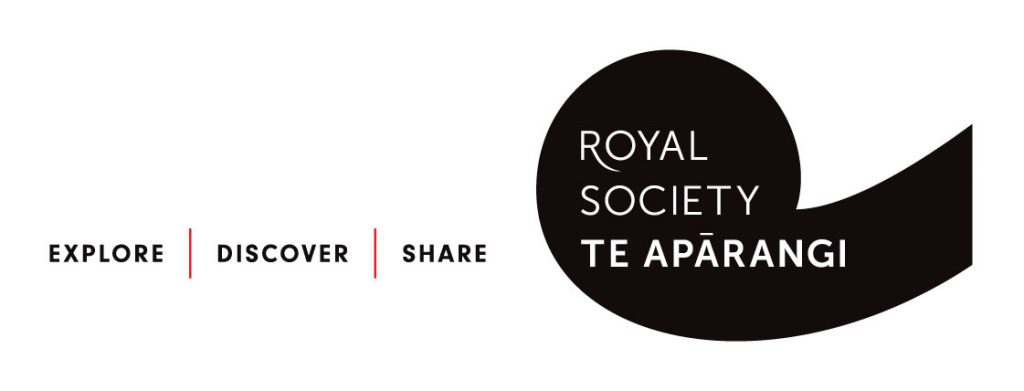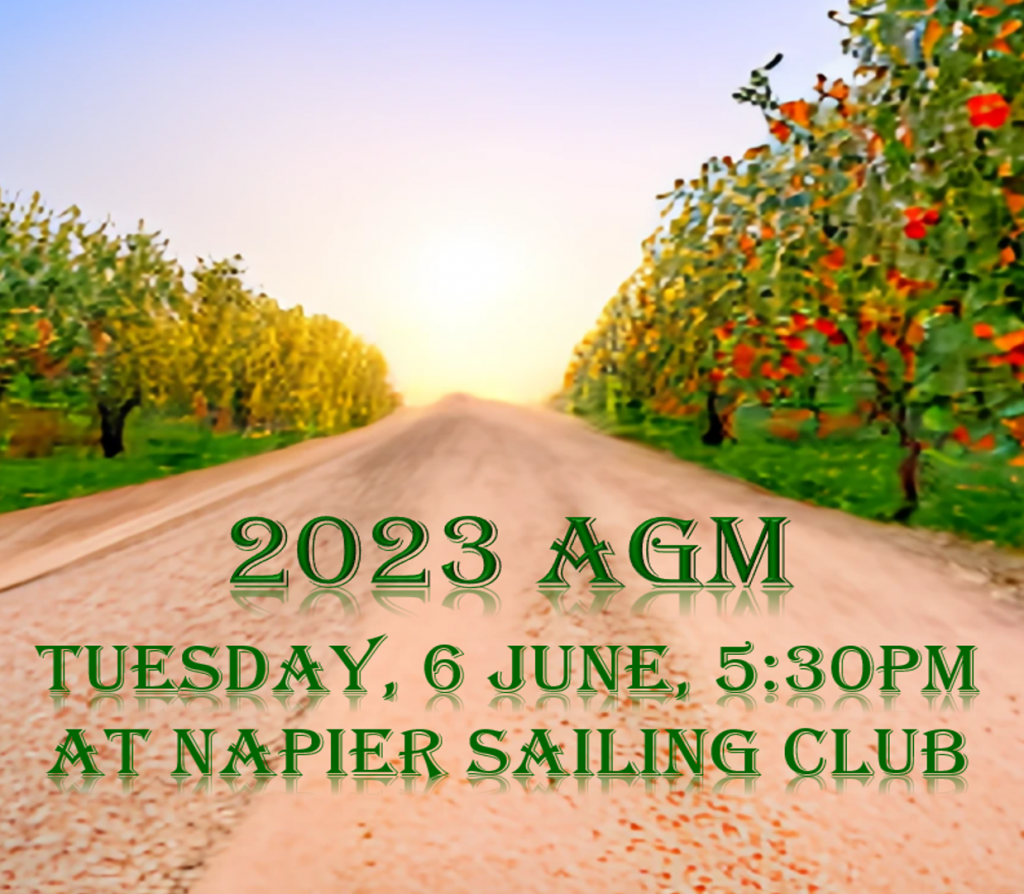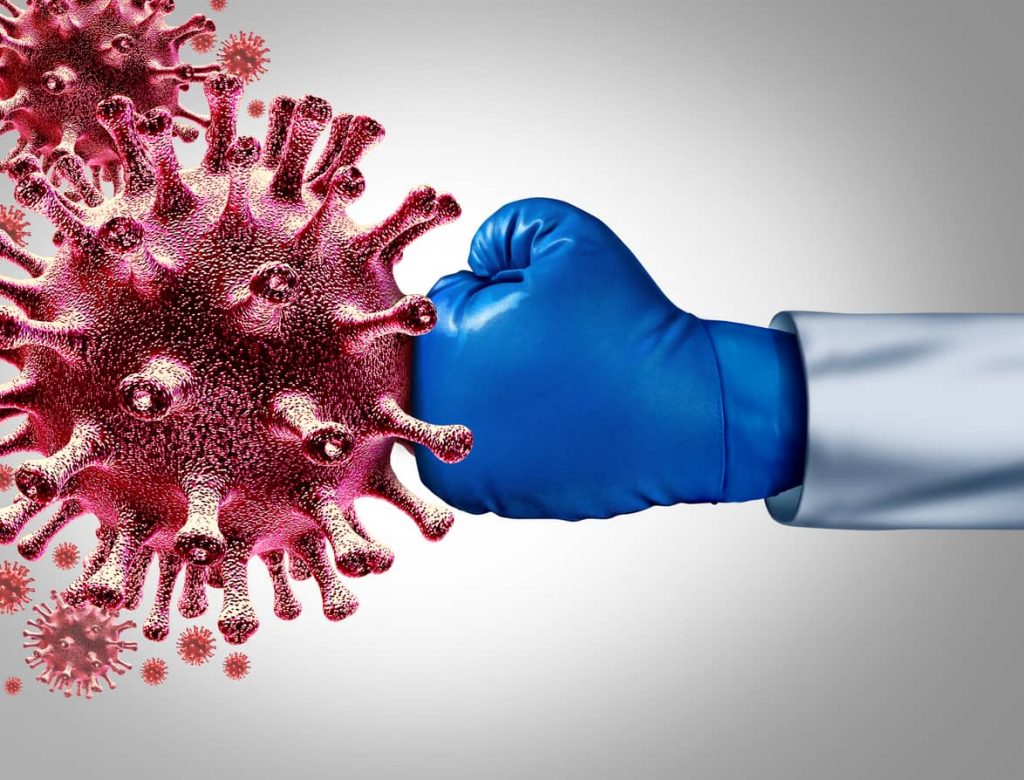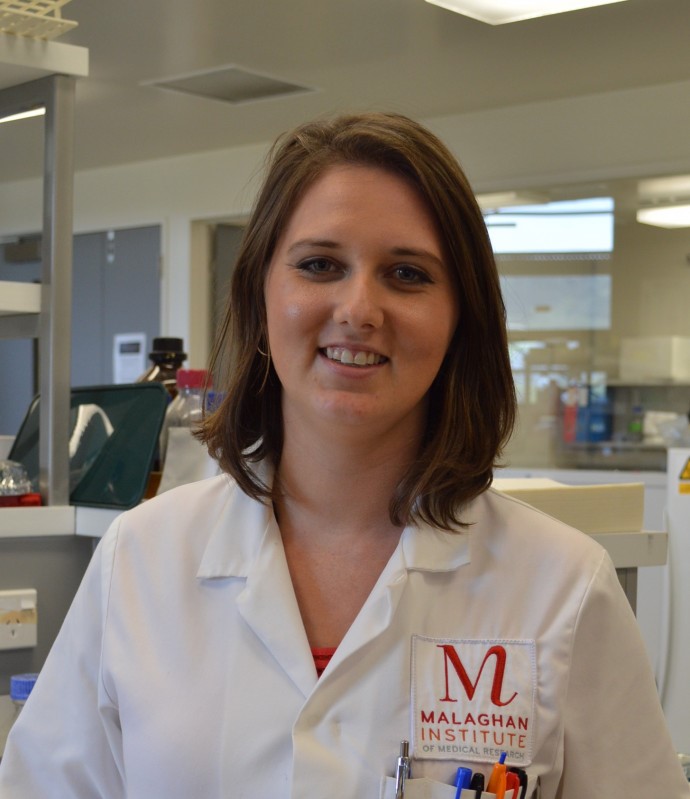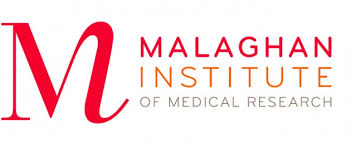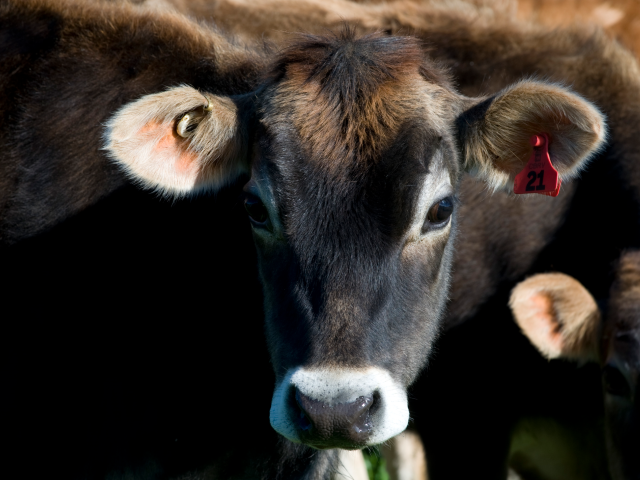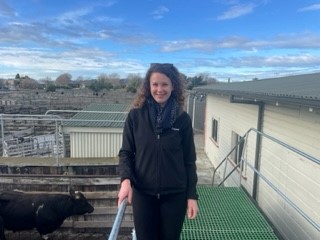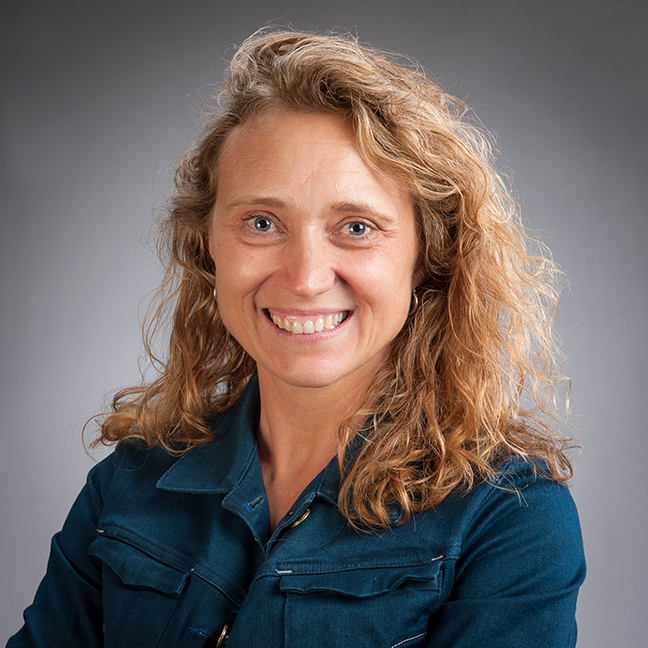More Home Truths
The impact of housing research on health policy
Professor Howden-Chapman, Otago University and Fellow of the Royal Society of New Zealand
Date: 6pm, Tuesday, 20 June, 2023
Venue: Napier War Memorial Conference Centre, 48 Marine Parade Napier
Organiser: Royal Society Te Apārangi
Reserve your place: Click Here.

Continuing her quest for healthy homes and housing affordability, Distinguished Professor Philippa Howden-Chapman FRSNZ will deliver the prestigious Rutherford Lecture.
Under Professor Howden-Chapman’s inspirational leadership, He Kāinga Oranga’s research has shown how straightforward housing improvements to cold, damp and unsafe conditions can significantly reduce rates of infectious, respiratory and cardiovascular disease and deaths, particularly for children and older people.
This research and its studies have influenced public policy innovation and implementation, and been rated as outstanding examples of housing intervention research internationally, winning recognition in the British medical Journal and being profiled by the British Medical Council as an outstanding example of how to evaluate complex interventions.
In this lecture, Professor Howden-Chapman focuses on the priorities for housing at a time of cost-of-living pressure and stretched markets, and recent weather events in Aotearoa New Zealand.
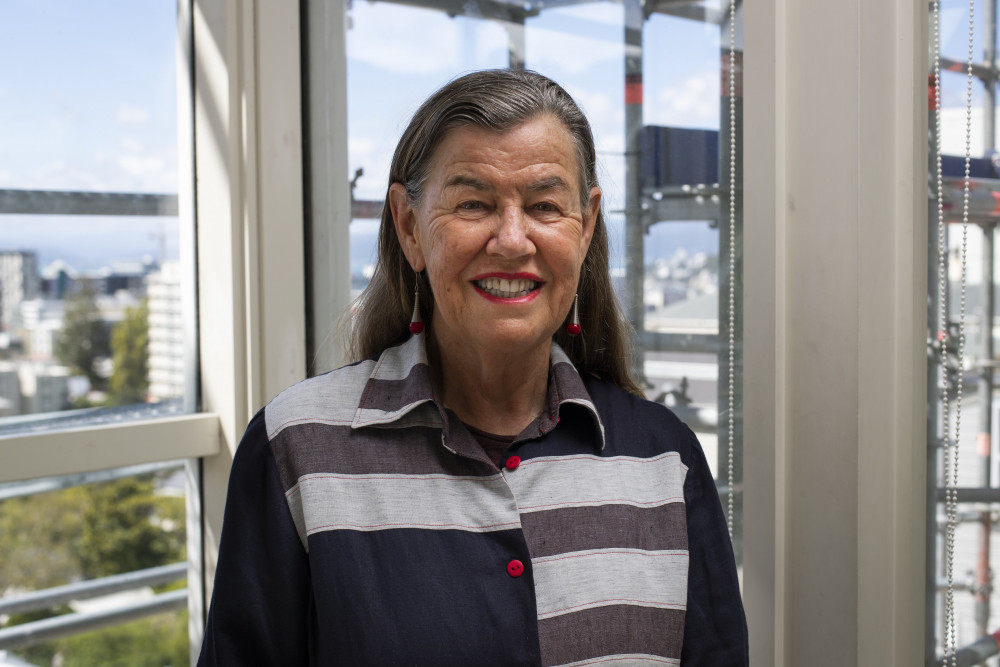
Professor Philippa Howden-Chapman, sesquicentennial distinguished professor of public health at the University of Otago, Wellington, is co-director of He Kāinga Oranga/ Housing and Health Research Programme, Director of the NZ Centre for Sustainable Cities and the WHO Collaborating Centre on Housing and Wellbeing. She conducts randomised community housing trials in partnership with local communities, which have had a major influence on housing, urban policy and health. Her work focuses on reducing inequalities in the determinants of health and wellbeing. She is a director on the board of the Crown Agency Kāinga Ora – homes and communities, a fellow of the Royal Society Te Apārangi and former chair of the International Science Council Committee, Urban Health and Wellbeing: a systems approach. She has received numerous awards, including the Prime Minister’s Science Team Prize and the Royal Society of NZ Rutherford Medal. She was awarded a Queen’s Service Order and the Companion of the NZ Order of Merit for contributions to public health.
